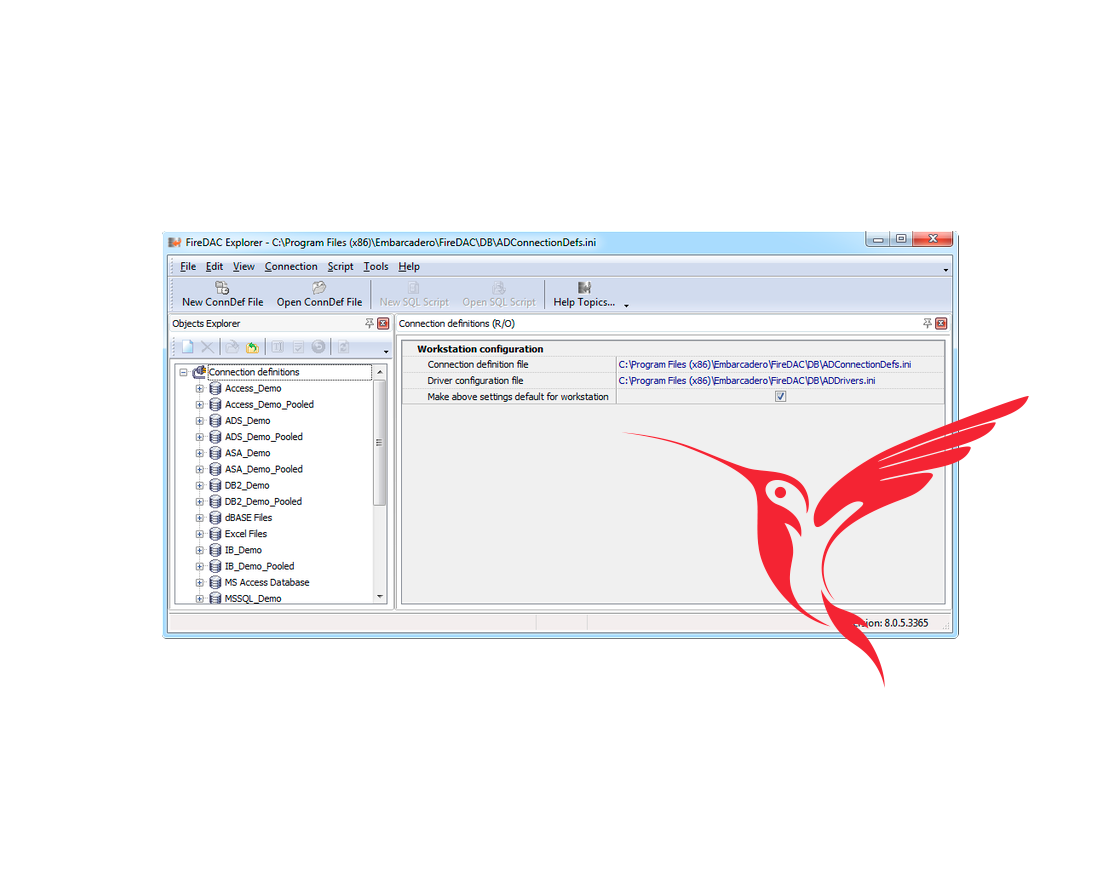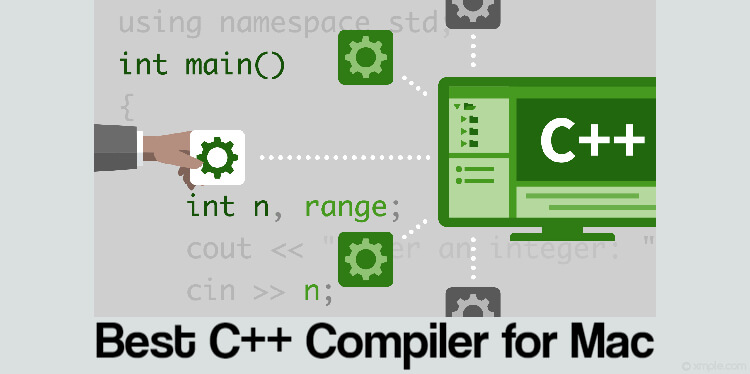

- C++ EMULATOR FOR MAC CODE
- C++ EMULATOR FOR MAC WINDOWS
It doesn't even have editable file system tree view which makes it extremely tedious. I can also use any build system I want this way and even get compile errors as long as it acts like make. I can generate these files programmatically for any subset of my otherwise large C++ project. The generic project manager - the project file consists of a file that lists all the source files, a file that lists all the include directories and a file that has all the preprocessor definitions. But no unnecessary plugins such as a terminal emulator. The extra plugins have been implemented thoughtfully - there's a list of TODOs at the bottom, integration with VCS, etc.I can rename symbols across multiple files which is so convenient.
C++ EMULATOR FOR MAC WINDOWS
On Windows it uses MSVC/cdb for compiling/debugging. Cross-platform - On linux/osx QtCreator can use clang or gcc as the compiler and lldb or gdb as the debugger.
 The Ctrl-K go to anything system - allows me to navigate files, symbols, do a git blame, etc. Other IDEs (Visual Studio, XCode, Eclipse) struggle with that number of files.
The Ctrl-K go to anything system - allows me to navigate files, symbols, do a git blame, etc. Other IDEs (Visual Studio, XCode, Eclipse) struggle with that number of files. C++ EMULATOR FOR MAC CODE
Extremely fast indexing with good (not perfect) code completion - when using the default code completion model QtCreator can index tens of thousands of files in a minute or two on my PC. The generic project manager - the project file consists of a file that lists all the source files, a file that lists all the include directories and a file that has all the preprocessor definitions. I use SublimeText for basic text editing and QtCreator when I'm working with C++. With an IDE much of that complexity is hidden - which is great, until something breaks and you need to understand all the stuff it's hiding to diagnose it. You won't churn code out quite as quickly at first, but you'll get a much better understanding of the tools and process. Then compile from the command line, build some hand-written make files, maybe pick up some lldb basics. If you're learning C++, though, and aren't doing GUI apps right now, there's a lot to be said for using a (syntax highlighting) editor - I like emacs or sublime text, but anything that'll do basic syntax highlighting is fine. XCode is fairly complex, but if you're planning on doing GUI apps targeting OS X it's well worth learning. It's not perfect - no IDE is - but other than debugger support (which is, at best, tricky to configure on OS X) it's pretty solid. 
It uses screen space efficiently, so it's usable on smaller screens. It's a great C++ IDE, even for non-Qt code.







 0 kommentar(er)
0 kommentar(er)
